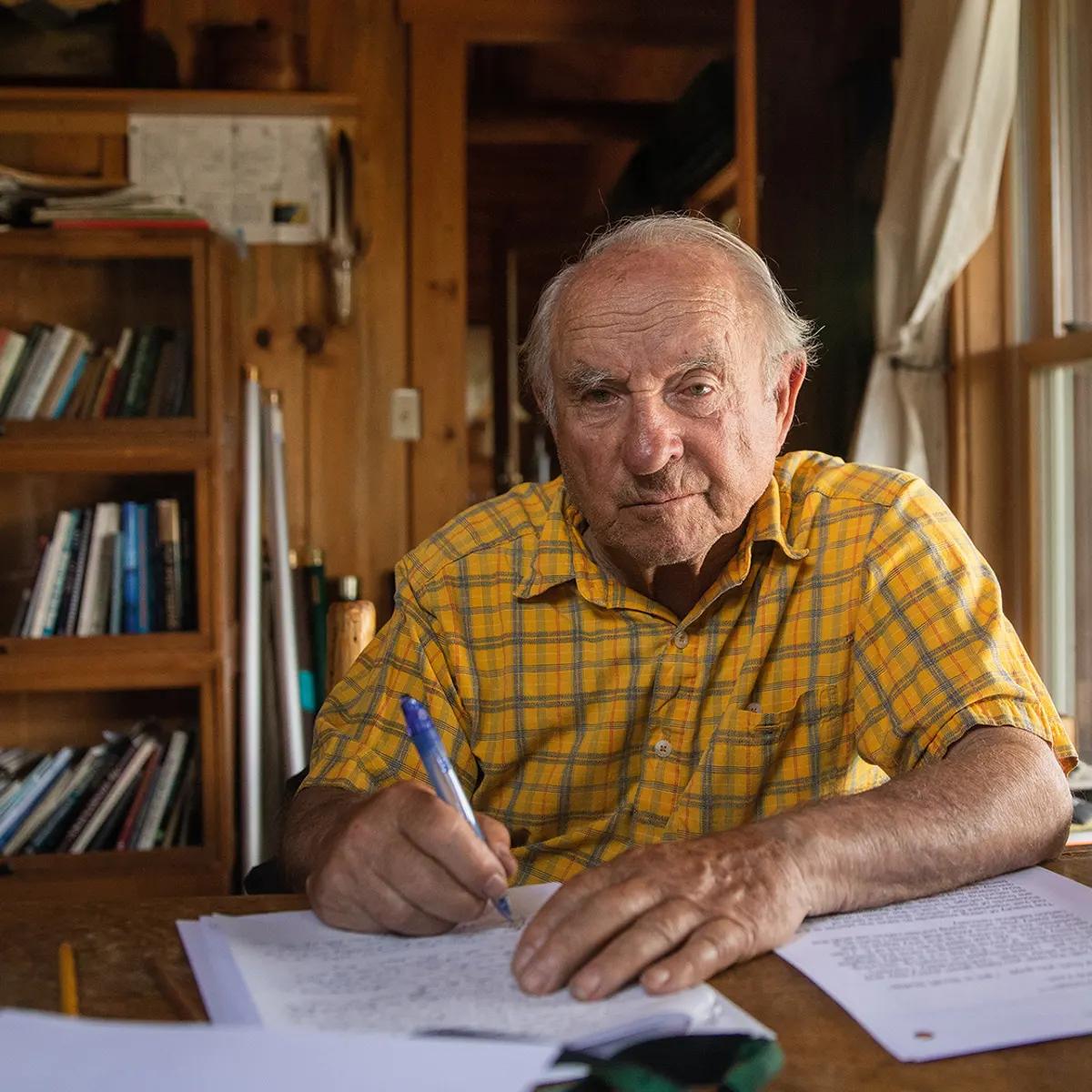Sun Dec 18 2022 · 6 min read
How Patagonia is in business to save our home planet
Patagonia is arguably the most well-known brand in the world of sustainable fashion. Founded in 1973 by Yvon Chouinard, Patagonia is known for its high-quality outdoor clothing and gear, as well as its commitment to environmental and social responsibility.
The first way in which Patagonia makes a difference, is through eco-friendly materials. The brand pioneered the use of recycled materials, including recycled polyester, recycled nylon, and recycled down. Compared to their newly produced counterparts, they help to reduce waste and to decrease the overall environmental impact of the end products. Patagonia is also committed to using organic cotton, which is grown without the use of harmful pesticides or synthetic fertilizers. The outdoor brand has been a leader in the development of sustainable textiles such as TENCEL® Lyocell, a fiber made from wood pulp that is both biodegradable and compostable.

In addition to its commitment to eco-friendly materials, Patagonia is also known for its efforts to reduce its carbon footprint and, in a broader sense, minimize its impact on the environment. The brand has invested in multiple renewable energy projects, including wind and solar power, and has implemented a number of initiatives to reduce water usage and waste in its manufacturing processes. While there is still room for improvement, the company shows that being a popular multinational does not have to stand in the way of sustainable practices.
Patagonia's commitment to sustainability extends beyond its own operations, as the brand is also actively involved in environmental conservation efforts. The company has donated over $110 million to environmental causes through its 1% for the Planet program. The One Percent for the Planet program directs one percent of the company's annual sales (or 10% of the profits, whichever one is higher) to environmental non-profits.
Signing away the company
In September 2022, Yvon Chouinard has taken the bold step of giving away his entire company, valued at $3 billion, to tackle the climate crisis. In a statement, Chouinard said, "If we have any hope of a thriving planet 50 years from now, it demands all of us doing all we can with the resources we have. As the business leader I never wanted to be, I am doing my part. Instead of extracting value from nature and transforming it into wealth, we are using the wealth Patagonia creates to protect the source. We're making Earth our only shareholder. I am dead serious about saving this planet." In a revolutionary move, 98% of Patagonia's shares have been transferred to the newly-created non-profit, the Holdfast Collective, which will receive an estimated $100 million per year in profits from the company. The remaining 2% of shares have been placed in a trust to ensure that Patagonia stays true to its purpose and values, while the management and control of the company stays in hands of the family. This move is generally considered to be an extraordinary act of leadership and commitment to the planet. Industry experts hope thatit sets a powerful example for other businesses to follow.
In summary, Patagonia is a leading brand in the sustainable fashion industry, known for its use of eco-friendly materials, efforts to reduce its environmental impact, and commitment to environmental conservation.
